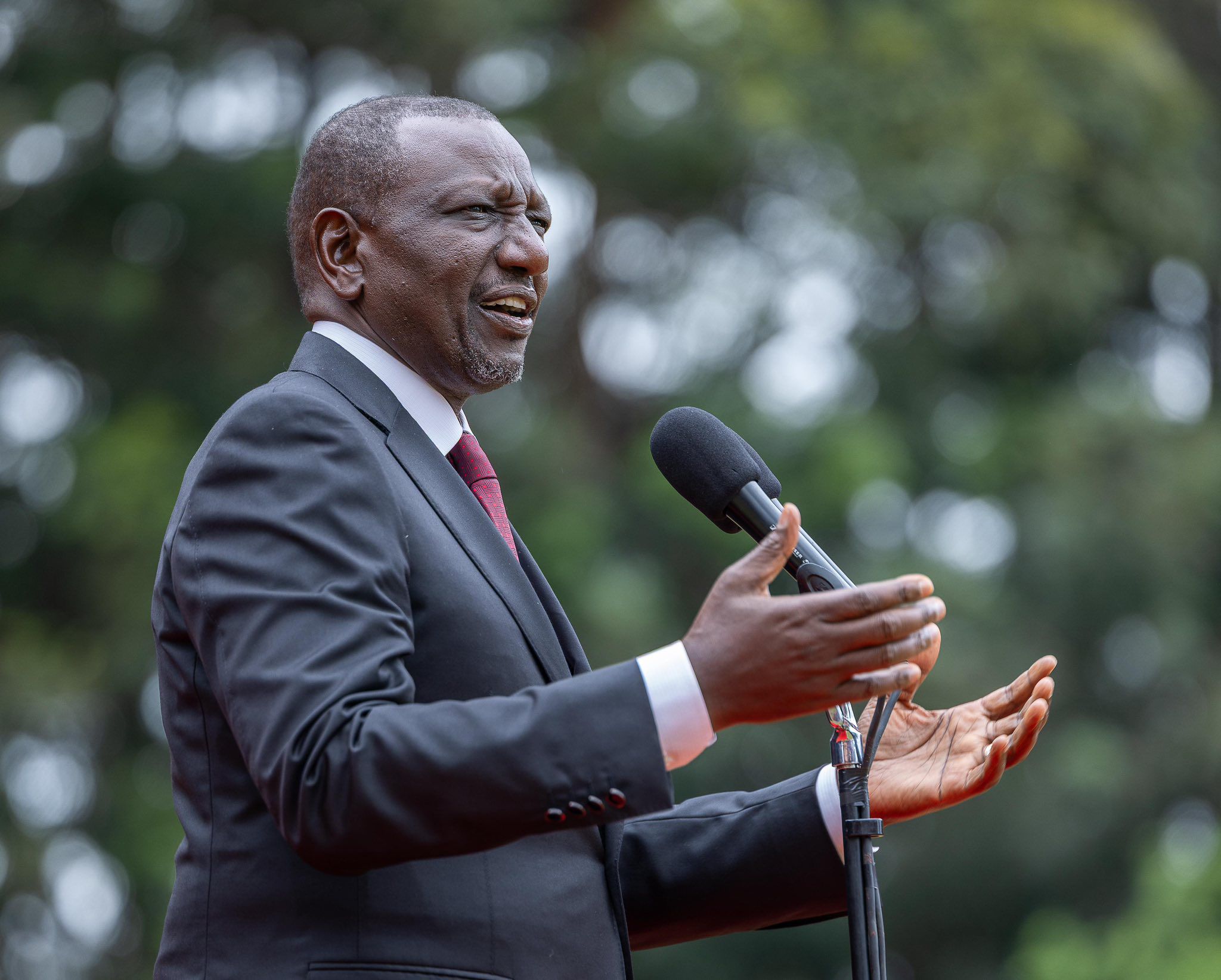US Deports Convicted Criminals to South Sudan

The United States has successfully deported eight individuals, convicted of serious crimes including murder, sexual assault, and robbery, to South Sudan. This controversial move follows a protracted legal battle and weeks of delays, ultimately clearing the path for their removal despite only one of the deportees being a South Sudanese national.
The men, who had either completed or were nearing the end of their prison sentences, were initially flown out in May. However, their flight was diverted to Djibouti after U.S. District Judge Brian Murphy temporarily blocked the deportation. Judge Murphy had ruled that individuals being sent to third countries must be given notice and an opportunity to speak with asylum officers. Six of the eight deportees are identified as nationals of Myanmar, Cuba, Vietnam, Laos, and Mexico. U.S. officials explained that their respective home countries had refused to accept them, necessitating the decision to deport them to a third country, specifically South Sudan.
The legal standoff concluded last week when the U.S. Supreme Court overturned Judge Murphy’s decision, ruling that he could no longer require due process hearings in such deportations. This critical ruling effectively stripped him of jurisdiction and paved the way for the removals to proceed. A subsequent appeal to another judge was denied on jurisdictional grounds, and Judge Murphy ultimately acknowledged he had no authority to intervene further.
Photos released by the Department of Homeland Security (DHS) depicted the eight men shackled at the hands and feet aboard the deportation flight. Upon arrival in South Sudan, their current legal or custodial status remains uncertain. However, reports from local civil society advocate Edmund Yakani indicated they were being held in a civilian facility in Juba under police and national security watch, appearing to be in good physical condition and no longer restrained. The U.S. State Department continues to issue warnings against travel to South Sudan, citing pervasive crime, kidnapping, and armed conflict.
DHS spokesperson Tricia McLaughlin hailed the deportation as a victory against “activist judges” attempting to obstruct federal government immigration enforcement. This case underscores the Trump administration’s increasing reliance on third-country deportations as a policy tool. Previously, removals have been made to El Salvador and Costa Rica, with Rwanda also acknowledging similar discussions. Media reports have also listed Benin, Angola, Equatorial Guinea, Eswatini, and Moldova as potential recipient countries for future deportations.
Earlier this year, Secretary of State Marco Rubio had revoked all visas for South Sudanese passport holders, a measure taken in response to the country’s previous refusal to accept its deported nationals. This broader context highlights long-standing tensions between the U.S. and South Sudan regarding immigration enforcement. The ongoing large-scale deportation operation, targeting over 1.4 million noncitizens with final removal orders across more than 150 countries, represents one of the most extensive removal efforts in U.S. history.









